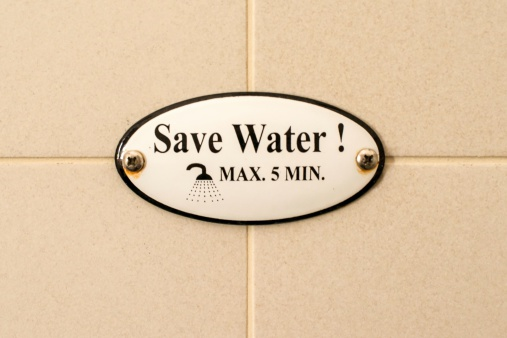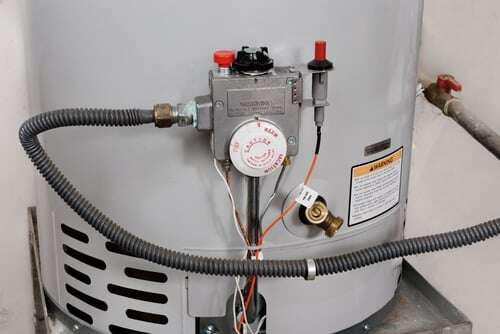 Imagine this: it’s a chilly morning and you really don’t want to get out of your warm bed to get ready for work, but let’s face it you have to. The only thing you’re looking forward to is stepping into that nice warm shower and standing under it for a few extra minutes to get your mind to wake up.
Imagine this: it’s a chilly morning and you really don’t want to get out of your warm bed to get ready for work, but let’s face it you have to. The only thing you’re looking forward to is stepping into that nice warm shower and standing under it for a few extra minutes to get your mind to wake up.
You get to the bathroom and turn the water on and give it a few minutes to heat up, but when you go to step in it’s freezing! You quickly turn off the cold water, realize no hot water is going to come out, and finish rushing through your shower as fast as humanly possible. All notions of slowly waking up under the water are dashed with the feeling of icicles coming out of your shower head.
With your brain now wide awake you’re wondering if you paid the utility bill that month but remember you paid it just last week. After going through a few more other reasons you could be out of hot water you come to realize that your current water heater has visited the graveyard without so much as a warning to you.
Sadly, your water heater probably did give you a few warnings that it was headed to the graveyard and you just didn’t catch them. Did you notice any of these signs thinking that it was just a glitch with your water heater, never thinking twice it could be the sign of its end?
Now that it’s time for a new water heater, do you go out and purchase the same one you already have, or do you venture out and get a different one? With so many different water heater options out there how do you know which is the best one for your home? Read through the pros and cons of the top 4 types below!
Storage Water Heaters
This is the most common type of water heater in homes.
Pros: The process of a storage water heater guarantees that your tank is always full of water, hot water goes out the top when you turn on a faucet and the bottom fills with cold water. Since it is the most common water heater, fixes are easier to do and less complicated than a tankless water heater.
Cons: The tank will heat even when you aren’t running your hot water, which can cause your utility bills to be slightly higher. Tanks occupy a large space because of their size. Depending on the size of your tank and the number of people in your home, being the last to shower can be quite chilling.
Tankless (On-Demand) Water Heaters
Pros: Only heats the water when water is running through it, saving money on your utility bill. You are no longer limited to the amount of hot water you want to use. While the initial installation cost is higher than a storage water heater, it will last longer and have lower operating costs.
Cons: It requires power to work the gas and control values. Since there is no tank to store the water, if the power or gas goes out you won’t have any hot water. If not installed properly it can cause all kinds of problems resulting in wanting to switch back to a storage water heater.
Heat Pump (Hybrid) Water Heaters
Pros: The control panel has nobs that allow you to choose how you want it to operate: auto, efficiency, electric/heater, and sleep. If you choose to go to a heat pump from a storage water heater, it’s an easy transition as it will fit in the same spot!
Cons: Out of all the water heaters, it has the lowest life span at about 10 years. Only good for areas that are 40-90 degrees year-round.
Solar Water Heaters
Pros: Clean and efficient water heating with zero carbon footprint. While the initial cost of solar is expensive, you will save money in the long run. They’re simple to maintain and you only have to run a water softener through it once every 3 years.
Cons: The solar panels will only heat water, nothing else. Since solar gains it’s power from the sun, the climate that you live in determines if this will be a good fit for your home. Along with the solar panels, you also need a traditional storage tank thus requiring the extra space.
Learning the signs of a water heater on its way out, and doing some extra research on the type of water heater you want to install, will help you next time you’re faced with a cold shower – or help you avoid the chilling wake up altogether! Once you’ve decided, call an Expert In Your Home to get a plumbing quote and get to showering in warm water again!








